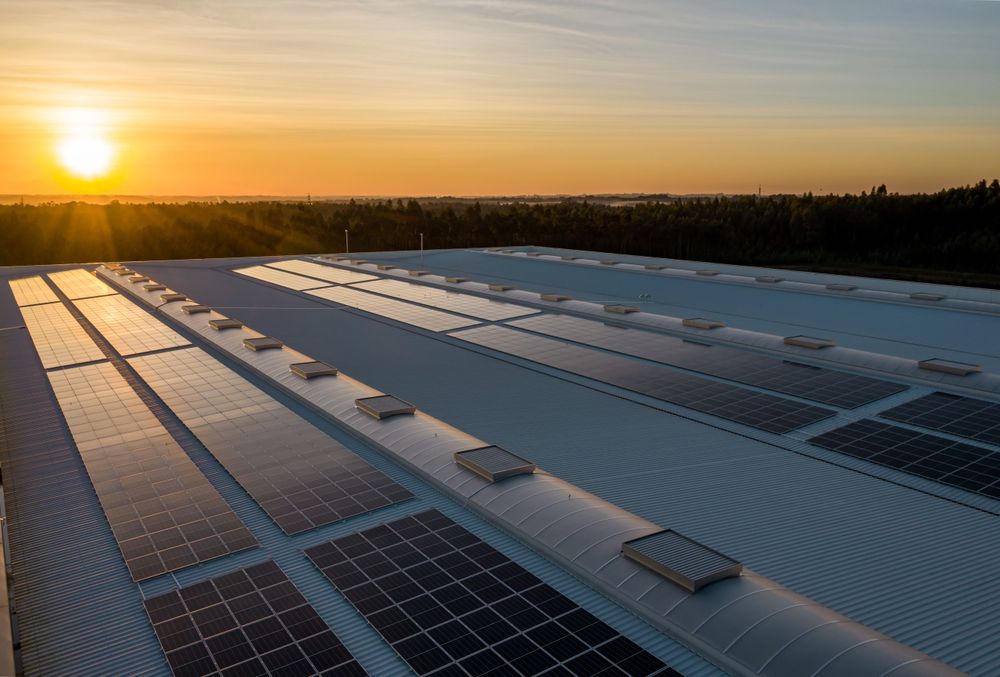China's solar industry and the ESG problem
Many governments want to promote solar energy projects and enforce ESG standards at the same time. The example of China shows how difficult this is.
Solar energy is currently on everyone's lips. As a means to a sustainable future with less dependence on oil and gas exporting countries, solar panels seem to be the right solution. More and more countries are therefore pushing the infrastructures for solar energy and rewarding private individuals with incentives if they equip their houses with panels.
China is a solar powerhouse
This development is reflected on international stock exchanges. Shares of solar companies have held up extremely well in the turbulent and difficult stock market year and are among the few winners in the market. These include US companies (Enphase, Solaredge, Sunnova, etc.), but also Chinese providers such as Daqu or JinkoSolar.
This is no wonder, as China plays an important role in solar energy. When China's President Xi Jinping promised to achieve carbon neutrality by 2060, he made China the first major emerging economy to commit to a cap on greenhouse gases. As a result, China currently dominates the solar industry. Chinese companies control about 80 per cent of the global supply chain for solar modules.
Around 45 percent of the global supply of polysilicon, the most important refined material, which makes up 95 percent of solar modules, comes from the autonomous region of Xinjiang Uyghur in China. This is a problem, because the name of the province in the west of China appears again and again in reports about reprisals and violent actions of the Chinese central government against the Islamic minority of the Uyghurs.
Forced labour and environmental damage
Indeed, the governments of the USA, England, Canada and the Netherlands have declared that China has committed genocide and crimes against humanity through its treatment of the Uyghurs and other Muslim majority people in Xinjiang. A report by the University of Sheffield traced the main supply chains for solar energy, from raw materials to panel manufacturing, and found that forced labour is used on a significant scale.
What does this mean in concrete terms? The International Labour Organisation defines forced labour as work done involuntarily and under threat of punishment. The report also shows the harmful environmental impact of the production of solar cells in the region. This is because, in order to produce polysilicon for solar cells, the raw materials have to be cleaned at extremely high temperatures - and this causes high CO2 emissions.
ESG standards are not met
In the context of compliance with ESG standards, this becomes a problem. Investors are looking for opportunities to invest in renewable energy. But in doing so, they also want to focus on ESG investments and are often unaware that they are contributing to carbon emissions and human rights abuses with certain investments.
So both the "E" (Enviromental) and the "S" (Social) of ESG are at least questionable in the case of solar panels from China. Or simply: not fulfilled. It is therefore important to note that ESG is an important factor, but conflicts can also arise within the three letters. The priorities and values of each investor are therefore in demand.
